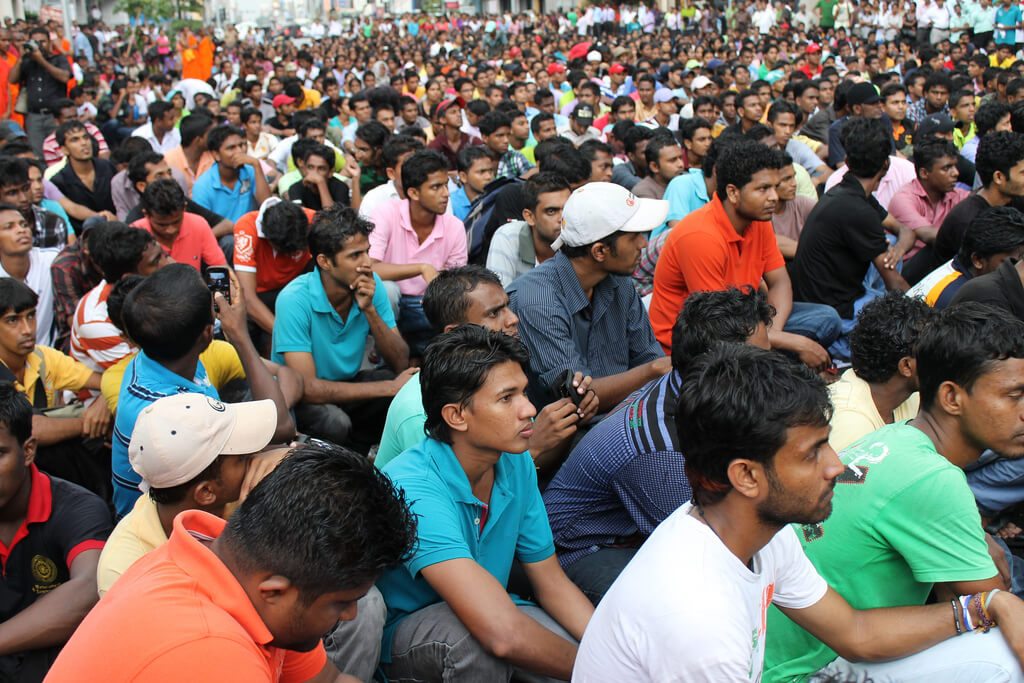Global Student Stories – 31 January 2016
Sabine Demel takes on the last “Global Student Stories” of the month, showing us what has been affecting students all over the world this past week.
Kenya: Students protest against closure of campuses
Kisii University students demonstrated against the decision to close several campuses on Monday 25 January.
The Commission for University Education had announced the closure of eleven campuses in Kenya, of which ten campuses are connected to the Kisii University.
The reasons for this step is the failure of quality standards; in particular, the lack of qualified academic staff, and doubt about the ownership of university buildings.
Kisii University President Jeff Mitei said: “the commission should highlight areas of correction and not punishing students and staff. They should give young universities time to grow.”
He continued: “Funding to some of these Universities cannot even support staff. We need more funding to put up infrastructure.”
Pakistan: University briefly reopens after terrorist attack
Bacha Khan University Charsadda briefly reopened on Monday 25 January, five days after 21 students were killed by the Taliban.
Students and university staff attended a memorial service on campus and organized a peace march through Charsadda.
Later on that day, administrators announced the university would stay closed until security measures are increased.
University officials have demanded police checkpoints, watch towers, and weapons for lecturers in order to protect the students.
On Wednesday 20 January, four gunmen, who are believed to be Taliban militants, attacked the university and killed 21 people.
All gunmen who were killed, and authorities have arrested five suspects, who are possibly linked to the case.
The attack occurred one year after the Pakistani Taliban killed 130 students in a school.
Indonesia: Minister wants to ban gay students
After the LGBT community’s attempt to establish a support group for gay students on the University of Indonesia’s campus, Muhammad Nasir, Minister of Research and Technology and Higher Education, supposedly said that publicly affectionate gay students should be banned from campuses.
Nasir denied this on Twitter; however, he stated that he wants to prevent “damage to the morality of the nation.
“My prohibition against the LGBT community entering campuses is if they show inappropriate behaviour such as having sex, or public displays of affection on campus,” he tweeted.
The Indonesian LGBT community set up the Support Group and Research Centre on Sexuality Studies, and wanted to organize a counselling service for lesbian, gay, bisexual and transgender students.
The University of Indonesia has since distanced themselves from the support group.
According to Indonesian law, homosexuality or changing sexes is legal; however, discrimination is still extremely high.
India: Student protests against caste bias after scholar’s suicide
There are ongoing protests following the sucuide of Rohith Vemula, a PhD student at the University of Hyderabad.
Rohith Vemula took his life on January 17 after he had been expelled from a university hostel, allegedly due to his caste.
He was a Dalit, a member of the “untouchables” or “oppressed” in India’s caste system. There are an estimated 200 million Dalits in India.
For this reason, he and four other students had been suspended by the university administration.
Protests have spread from the University of Hyderabad to universities all over the country.
The Joint Action Committee (JAC) for Social Justice’s call for a nationwide student’s strike was followed by students from different universities, and many students have gone into hunger strike.
The University of Hyderabad has been closed since the PhD student’s death. The JAC demands the removal of the university’s Vice Chancellor Appa Rao, whom the committee believes is responsible for the death.

Comments